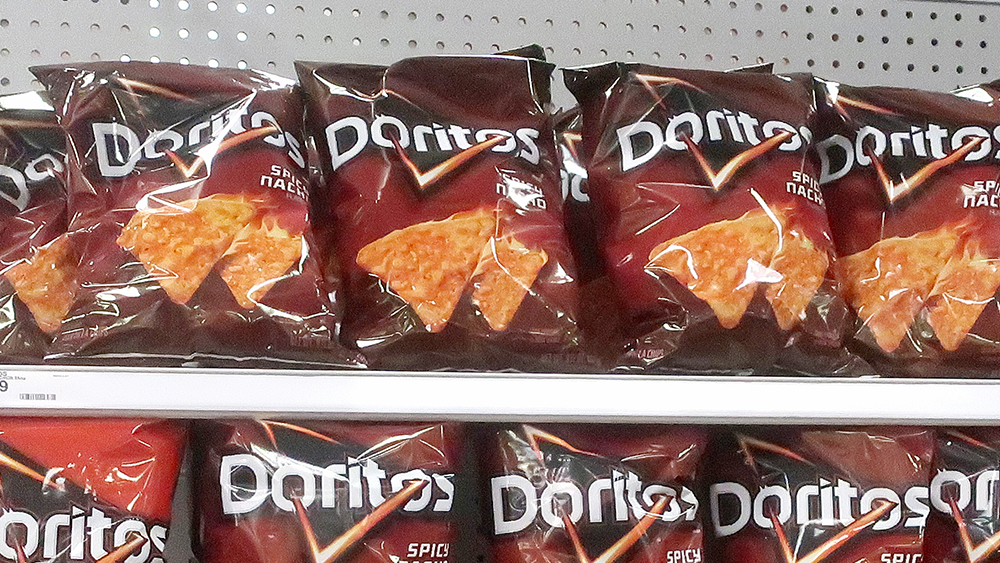- A lawsuit in Philadelphia accuses 11 major food companies of engineering addictive ultra-processed products and targeting children.
- The plaintiff, a 16-year-old, claims these practices led to his Type 2 diabetes and non-alcoholic fatty liver disease.
- The lawsuit draws parallels to tobacco industry tactics and calls for stricter food industry regulation.
- Robert F. Kennedy Jr. supports removing processed foods from school lunches, signaling potential policy changes.
- The case aims to hold the food industry accountable and reverse the rise of chronic diseases among children.
A groundbreaking lawsuit filed in Philadelphia accuses 11 major food companies, including Coca-Cola, Kraft Heinz, and Mars, of engineering ultra-processed products to be addictive and deliberately marketing them to children. The plaintiff, a Pennsylvania teenager, claims these companies’ practices led to his development of Type 2 diabetes and non-alcoholic fatty liver disease by the age of 16. This case marks a bold step toward holding the food industry accountable for its role in fueling chronic health issues among young people.
The dark side of ultra-processed foods
The lawsuit alleges that these companies have knowingly designed their products to be as addictive as possible, drawing parallels to the tactics used by tobacco companies. By targeting children with enticing marketing and creating foods that are engineered to be habit-forming, these corporations are accused of perpetuating a cycle of unhealthy consumption that has devastating consequences for public health.
The term “ultra-processed foods” refers to products that are heavily manufactured, often containing additives, artificial flavors, and minimal nutritional value. These items, which include sugary cereals, snack foods, and soft drinks, have been linked to a range of chronic illnesses, including obesity, diabetes, and cardiovascular disease. Research increasingly shows that these foods are not just unhealthy—they are potentially addictive, a claim echoed by FDA Commissioner Robert Califf.
The lawsuit also highlights the industry’s reliance on marketing tactics that exploit children’s vulnerability. From cartoon mascots to colorful packaging, these strategies are designed to make unhealthy foods irresistible to young consumers. The result is a generation of children who are more likely to develop chronic diseases at earlier ages, a trend that was virtually unheard of just a few decades ago.
It’s time for accountability
The food industry has long defended its practices, arguing that processed foods are safe and that consumers have the right to choose what they eat. However, the lawsuit challenges this narrative, pointing out that the companies’ own actions – such as deliberately engineering addictive products—undermine the concept of informed choice.
The timing of this lawsuit is particularly significant as it comes amid growing calls for stricter regulation of the food industry. Robert F. Kennedy Jr., President-elect Trump’s nominee for the U.S. Department of Health and Human Services, has been a vocal critic of processed foods and has pledged to remove them from school lunches. His potential leadership could signal a shift in how the government approaches food regulation, with the FDA playing a key role in ensuring that Americans have access to healthier options.
The lawsuit seeks compensatory and punitive damages, but its broader impact could be a cultural reckoning for the food industry. If successful, it could pave the way for stricter regulations on marketing practices, product labeling, and the composition of processed foods. More importantly, it could help reverse the alarming rise of chronic diseases among children, giving future generations a chance at healthier lives.
Hope for a healthier future
The case of Bryce Martinez is a stark reminder of the consequences of unchecked corporate practices. By engineering foods to be addictive and marketing them to children, these companies have contributed to a public health crisis that affects millions of families. The lawsuit is not just about seeking justice for one teenager; it is a call to action for policymakers, regulators, and the public to demand accountability from an industry that has long operated with minimal oversight.
With leaders like Robert F. Kennedy Jr. advocating for stronger regulation and a more proactive FDA, there is reason to believe that the tide is turning. The fight for healthier food options is not just about individual responsibility; it is about ensuring that corporations prioritize public health over profit.
Sources for this article include:
Axios.com
Reuters.com
CNN.com
Read full article here


